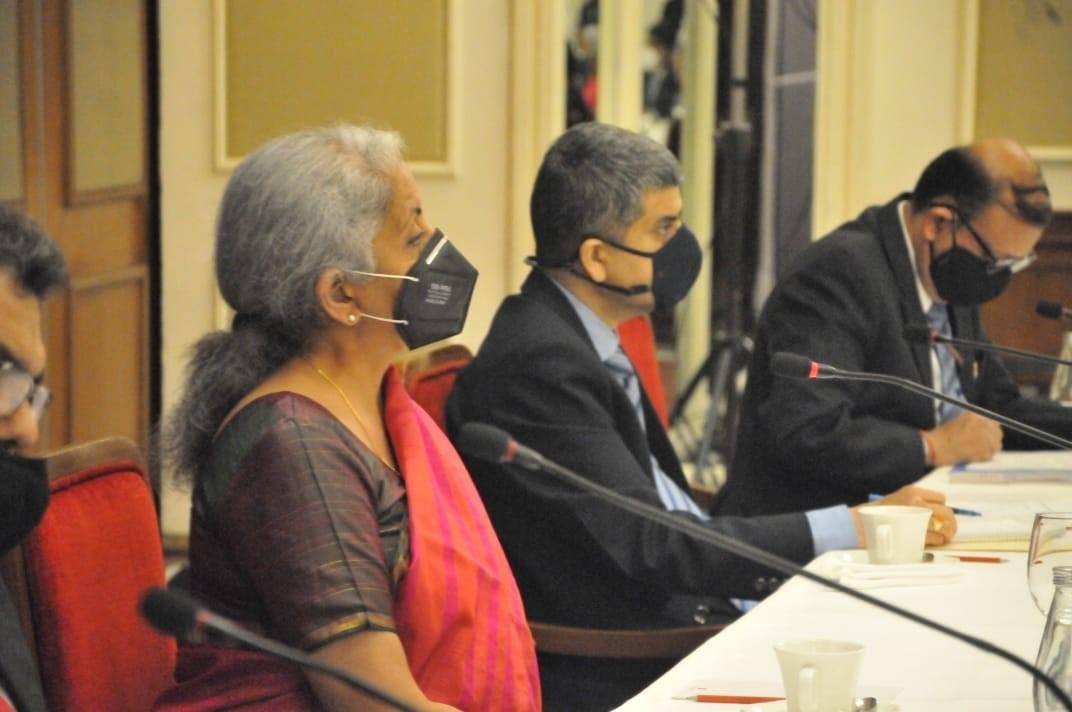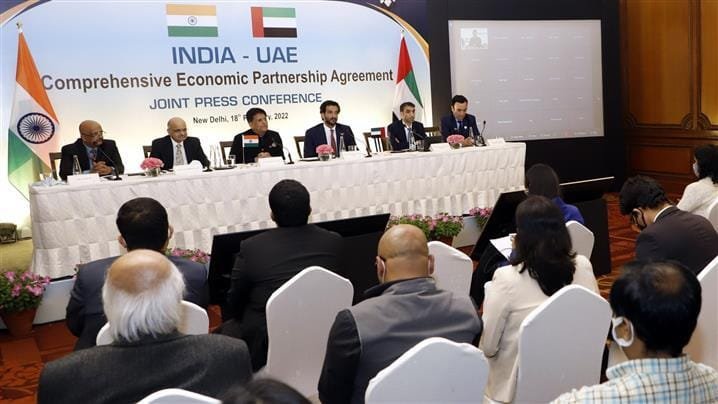Business environment improves

The “Make of India” programme has spurred strong competition among Indian states in improving the ease of doing business to attract investments and drive the economies of their regions.
As many as 16 Indian states had scored over 80 per cent in the World Bank-DIPP ranking of States based on 340 parameters on “Ease of Doing Business”, said Ramesh Abhishek, Secretary, Department of Industrial Policy and Promotion (DIPP) while addressing the 41st Joint Meeting of India-Japan Business Cooperation Committee (IJBCC) in New Delhi on Oct 24, 2016.
“We are trying to address specific policy issues that would hasten the pace of reforms and remain determined on taking up issues in areas such as infrastructure and taxation to improve the manufacturing competitiveness in States”, he emphasized.
The DIPP Secretary said that the landmark goods & services Tax (GST) which will be operational from April 2017 would create a level-playing field for manufacturers in States. Currently, manufacturers have to bear the burden of a large number of state taxes which raises the cost of manufacturing; come April, this will be a thing of the past.
GST, he added, would speed up the movement of goods; there will be greater predictability in assured transportation that will bring down the cost of holding inventories.
FICCI, on its, part has decided to open a ‘FICCI India Plus’ office in Japan, which will be launched soon. The office is expected to be of great help to Japanese companies interested in doing business in India and vice versa.
The IJBCC meeting discussed potential areas of cooperation between India and Japan, such as pharmaceuticals and Information Technology, and highlighted issues on market access in areas, such as the below par share of Indian companies in the Japanese drug market and the low share of India’s IT services in the Japanese IT market.
The Indian side also sought improvement on the certificate of eligibility for Indian persons intending to obtain business visa for Japan.
To increase two-way investment, it was considered imperative for both India and Japan to proactively address the Regional Comprehensive Economic Partnership (RECP) negotiations.
Meanwhile, Kenji Hiramatsu, Ambassador of Japan to India, said that it was important for Indian companies to establish site offices in Japan and Japanese companies must be convinced of India’s efforts at de-regulation of Indian business.
He expressed the hope that the Indian Government would continue to strive for improving the business environment and told Japanese companies that this was the most opportune time for them to capture the visible potential that is emerging in India. fii-news.com








